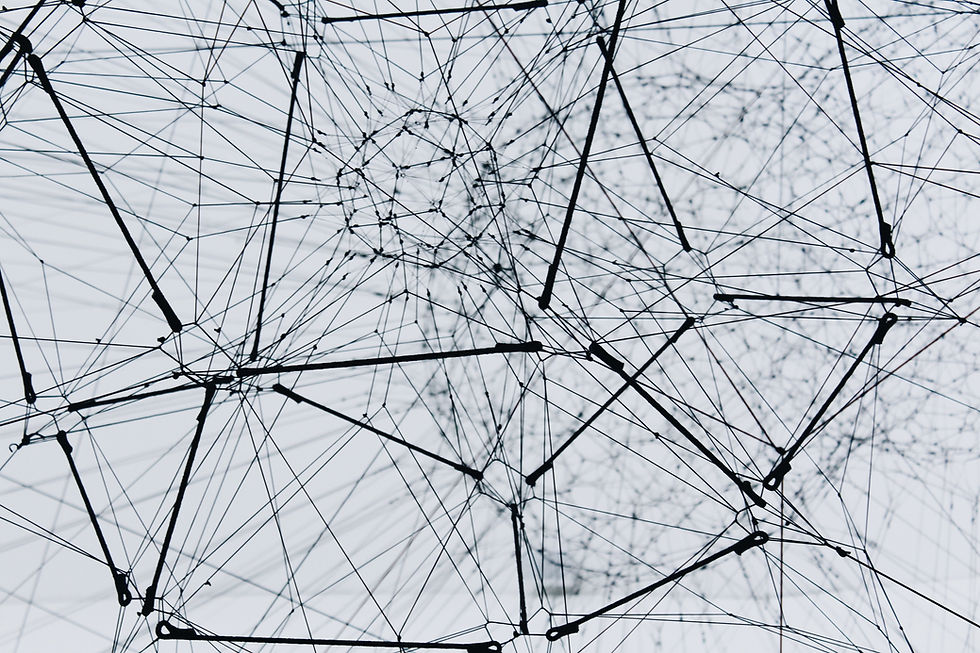Autism and Gender Diversity
- Luka Brave
- Sep 6, 2023
- 2 min read
[Are you Autistic and gender-diverse? Join us for Spectrum Saturdays, our FREE monthly support and discussion group to build connection and community in a safe, affirming environment!]
Many Autistic people fall somewhere on the gender-diverse spectrum—that is, Autistic people whose gender is not the same as the gender they were thought to be at their birth. This may include Autistic people who identify as transgender, nonbinary, agender, genderfluid, or many other identities that fall into the gender-diverse umbrella.
While this is something the Autistic community has known about itself for a while, recent studies have shown that this is true in a very measurable way. A metadata study (meaning a study that analyzes data taken from multiple other studies or surveys) done by Dr. Varun Warrier at the University of Cambridge showed that Autistic people were more likely to be gender-diverse, and gender-diverse people were more likely to be Autistic. And, gender-diverse people who did not have a diagnosis were more likely to have autism-typical traits like sensory processing issues and higher pattern recognition skills. Another study done by Blythe Corbett, PhD, at Vanderbilt, shows that higher rates of gender diversity is true of Autistic children as well.
But why might this be?
Well, no one knows for sure. Research into autism and gender diversity is still very new—but growing! One theory is that because Autistic people are less likely to buy into social constructs or rules we can’t understand, this includes things like gender roles and stereotypes.
Whether there is any sort of biological or genetic connection, we just don’t know. What we do know is that gender-diverse people of all neurotypes deserve to be respected, yet Autistic gender-diverse people have an even harder time proving that they are capable of understanding themselves and making their own decisions. It’s an uphill battle to be seen, respected, and cared for, especially with the rise of transphobic legislation, and even transphobic legislation specifically targeting Autistic people, such as in Georgia, Arkansas, and Missouri.
So, what can you do if you know a person who is Autistic and gender-diverse, or might be exploring their gender identity?
First, know that even if you don’t understand something or can’t relate to something, that thing can still be respected and honored. Not understanding why someone would want to use different pronouns, change their name, or even undertake medical transition is completely okay. But it’s still important to treat people how they want to be treated, and refer to them in ways that make them the most happy and comfortable.
Secondly, ask what the best way to show your support is. Every Autistic person is different, and every gender-diverse person is different. When you combine the two identities, you come up with a group that is incredibly varied in needs, wants, and desires, as well as their experiences and feelings as a person going about the world.
Gender identity is just one of the things that the coaches at Autism Personal Coach can help you or a loved one explore in a safe and supportive environment. Feel free to reach out through our contact form to find out how our coaches can best support you today!




Comments